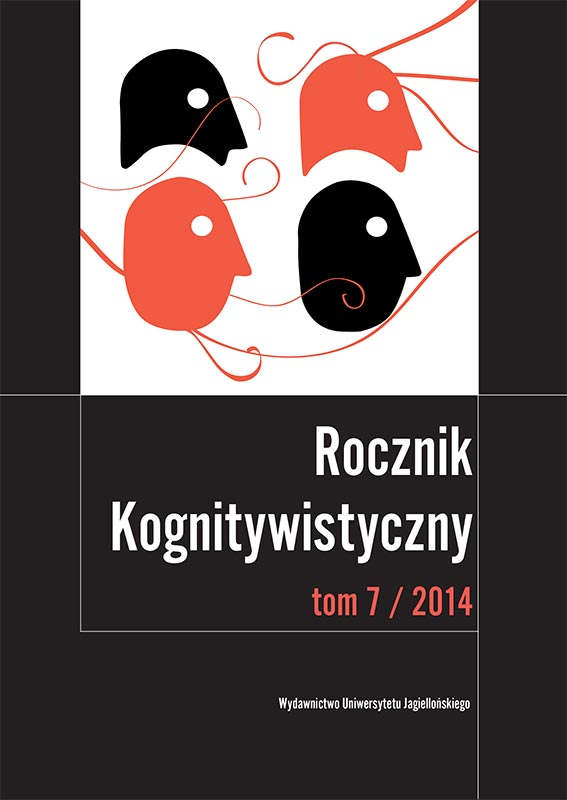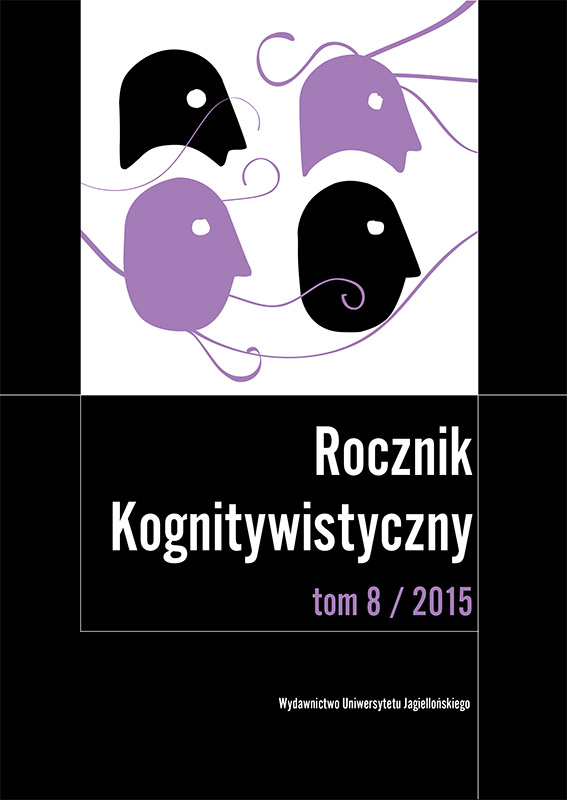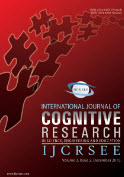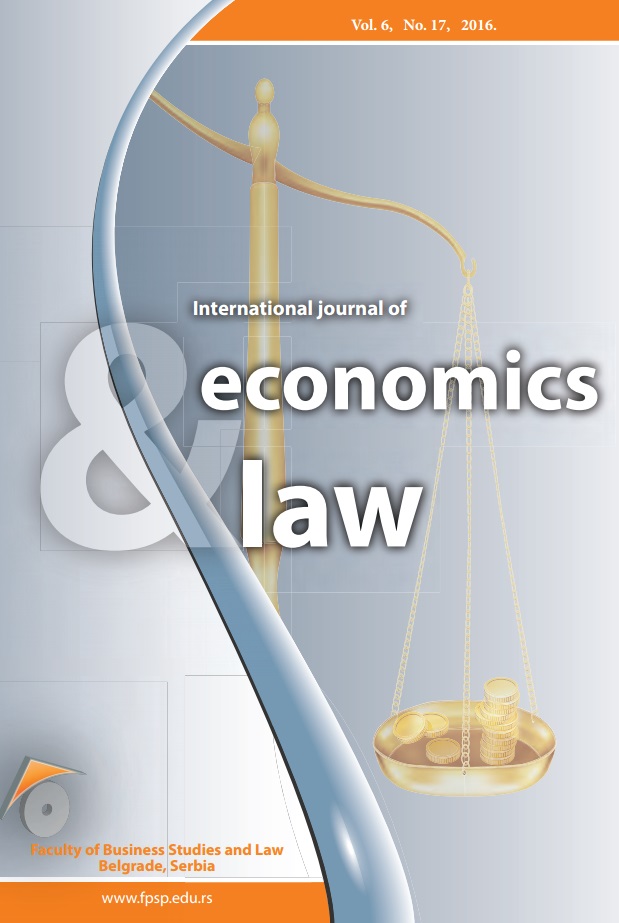
Pułapki i wyzwania w badaniach nad skutecznością komputerowych treningów poznawczych
In recent years, in both science and business, we observe an increased interest in using of various types of software and computer games to improve human cognitive abilities. Paradoxically, together with an increasing number of studies proving the effectiveness of this type of computerized cognitive training, is also growing number of reports about the lack of its beneficial effects. In this situation many doubts are raised by methodology used in training studies, especially poorly matched control groups, and inadequate monitoring of the placebo effect. In this article I will present the most important issues and challenges facing today’s research on computerized cognitive training.
More...



